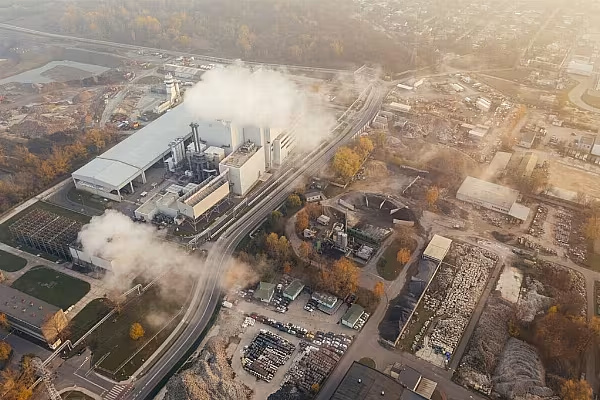A majority of global companies do not yet fully understand their impact on nature and how they depend on it, a new study by the World Benchmarking Alliance (WBA) has revealed.
Data showed that only 5% of all companies carried out an assessment of the impact of their operations on nature, and less than 1% assessed their dependencies on nature.
The study, comprising data from over 800 global companies from 2022 to 2024, including Unilever, Kering, Newmont, and Nestlé, covers various sectors, such as household products, apparel, mining, and food.
The findings are part of the WBA's updated Nature Benchmark, which assesses how companies are impacting nature and protecting and restoring ecosystems.
Jennifer Black, nature transformation lead at the World Benchmarking Alliance, stated, "The Global Biodiversity Framework (GBF), a landmark agreement at COP15, recognises the private sector has a role to play if we hope to preserve life on Earth.
"But our research shows that the vast majority of large companies continue to take nature for granted, despite the fact a healthy planet underpins a healthy economy."
Companies in the personal and household products and pharmaceuticals and biotechnology categories are more likely to publish sustainability or integrated reports, the study found.
All companies in the personal and household products industry published sustainability information, while this figure was 96% for the pharmaceuticals and biotechnology segment.
Plastic And Water Use
The research also assessed companies across plastics, water stewardship, environmental rights, and board-level accountability, the WBA noted.
The study highlighted a risk of greenwashing on plastic use as only 19% of the companies provided quantitative metrics and 7% disclosed time-bound targets.
Around 43% of companies shared qualitative evidence of plastic reduction, such as one-off programmes or initiatives to reduce the plastic in a specific product.
With freshwater demand set to exceed supply by 40% by 2030, the study emphasised holistic measurement of water stewardship from companies.
While 29% of companies report water use reduction or disclose sourcing water from water-stressed areas, only 15% share metrics on discharged pollutants. Moreover, only 4% have set targets to reduce them.
Data also showed that only 13% of companies expressed a clear commitment to respect Indigenous Peoples’ rights.
Other Findings
Companies need to pledge to respect Indigenous Peoples and Local Communities (IPLC) as they manage about 40% of all terrestrial protected areas and their ecological knowledge enables a sustainable existence worldwide.
Only 2% of companies have board members with relevant expertise on topics like biodiversity or climate, despite 66% assigning sustainability oversight to their boards.
Companies that demonstrate robust corporate governance score significantly better on other sustainability issues, the study noted.
Black added, "Two years after the GBF was agreed, it’s imperative for companies to understand and act on their impacts on nature. From their own operations to their value chains, they need to prioritise halting and reversing biodiversity loss.
"Meanwhile, governments, investors and civil society should be holding the private sector accountable, to ensure that all large and transnational companies regularly monitor, assess, and disclose their risks, dependencies, and impacts on biodiversity."













